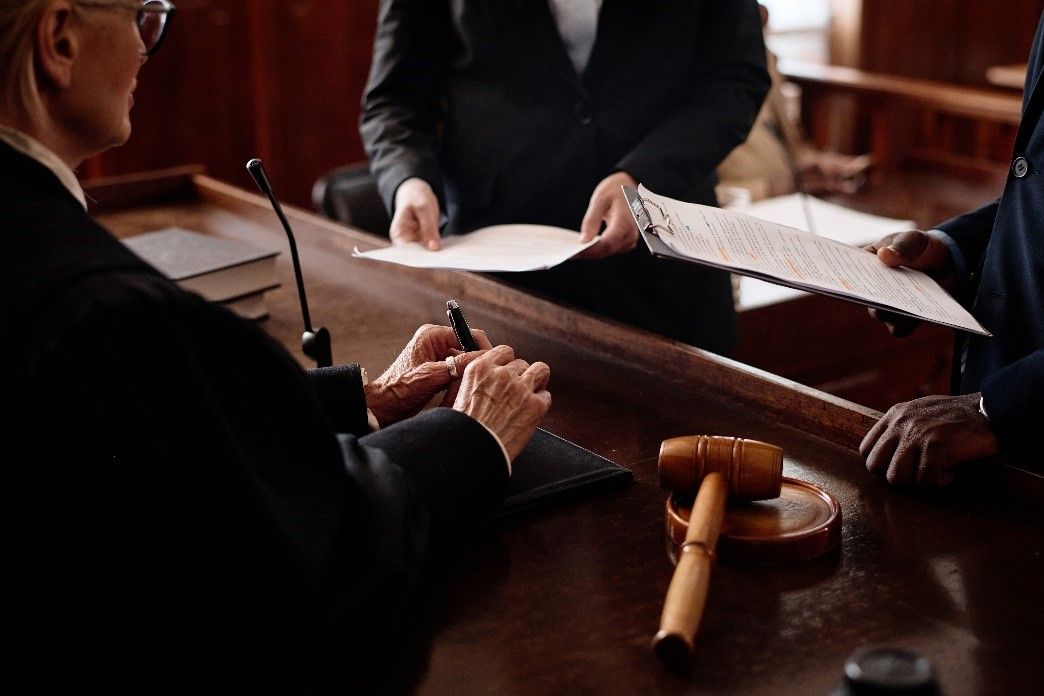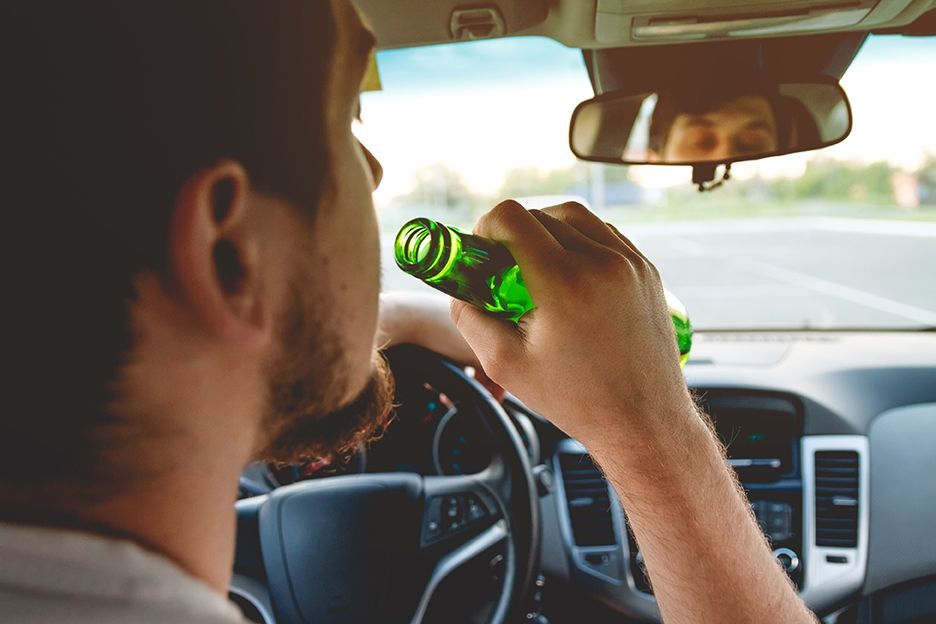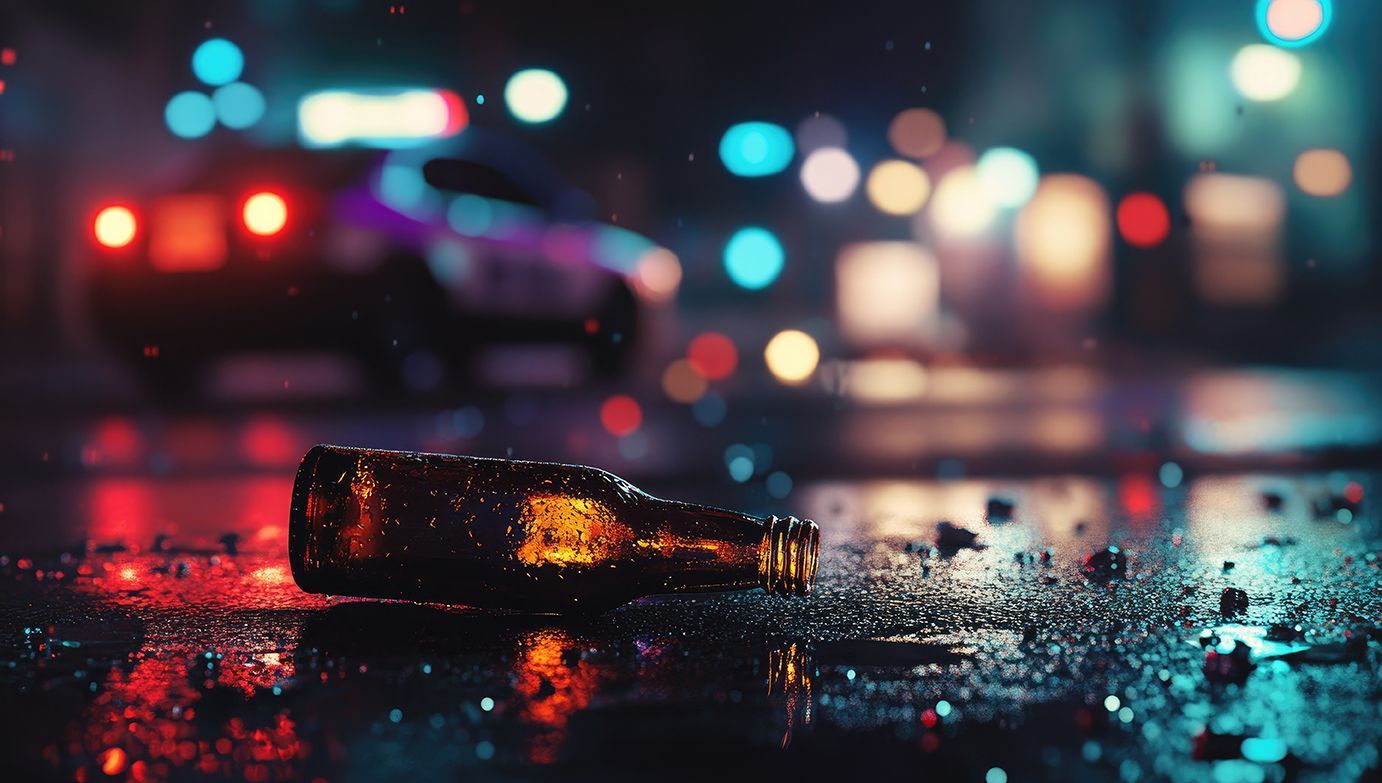BLOG
Personal Injury Cases: How Often Are They Taken to Trial?

There are many types of personal injury, with the most common ones being automobile accidents, slip and fall cases, medical malpractice, and wrongful death. With the distinct situations these incidents can lead to, you can expect varying methods of resolution.
While some lawsuits are settled without further legal proceedings, others may need the participation of a judge or jury. Read on to find out what percentage of personal injury
cases go to trial.
Personal Injury Settlement vs. Trial
When personal injury occurs, the victims typically seek compensation for their losses, including medical costs, lost wages, and property damage. Usually, they and the at-fault party will settle the case without a trial.
However, further legal action will be needed if both parties fail to negotiate a settlement. Although the statistics may change over time, it is estimated that 3 to 5 percent of personal injury lawsuits are taken to court.
Factors Influencing Why Personal Injury Cases Go to Trial
Now that you know what percentage of personal injury cases go to trial, you might wonder why this legal process may be considered. Some factors that might affect the decision to take a lawsuit to court are:
- Disputes Over Liability
In certain cases, the individuals involved may disagree on who is responsible for the accident or injury. A personal injury trial will typically follow when this type of dispute occurs, and negotiations become futile.
- Disagreement on Settlement Offers
Sometimes, both parties in a personal injury case may not see eye to eye on the settlement amount. One may demand an unrealistic compensation, while the other attempts to lowball. A trial helps ensure negotiations go smoothly and fairly.
- Complex Legal Cases
Negotiating a settlement can be challenging when a personal injury lawsuit involves multiple victims, extensive injuries, or other complex situations. Because of this, a trial is ideal to ensure a fair and just outcome.
Dealing with personal injury lawsuits can be complicated, especially if you’re unsure whether a settlement is ideal or it’s best to go to trial. Our experienced lawyers at Fitch & Stahle Law Office can help you navigate your case for a successful outcome. Contact us today to learn more.


